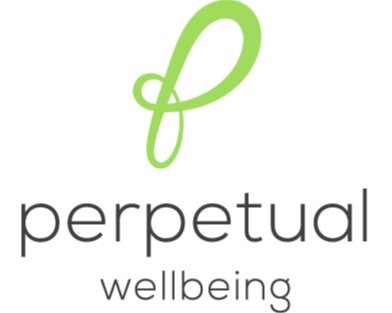
“I now have the confidence to know my body has the ability to function again after thinking for so long I can’t do that! I can! And I am proud of what I can achieve!”
Exercise and cancer
“I am a Level 4 Cancer and Exercise Rehabilitation Specialist, dedicated to supporting individuals living with cancer, as well as cancer survivors.
“I work closely with NHS medical professionals, including doctors and physiotherapists, to provide comprehensive support to cancer survivors, helping them improve their quality of life.
Recent studies have shown that exercise during cancer treatment is not only safe but can also significantly reduce or delay the recurrence of secondary cancers. My role is to help patients increase their fitness and strength, equipping them to better manage the complex and often debilitating side effects of cancer treatment.
With more people surviving and living with cancer today, I am here to support and guide you through your journey to recovery and beyond.” ”
Benefits of Exercise with Cancer
Exercise has been shown to improve cardiovascular fitness, muscle strength, body composition, fatigue, anxiety, depression, self-esteem, happiness, and several quality of life factors in cancer survivors.
Exercise with cancer is safe and health experts also say it's a must as it helps people cope with cancer and treatment-related side effects. Furthermore, exercise may improve survival after diagnosis too
There are benefits of being active at every stage of cancer or treatment. But there can be extra or specific benefits, depending on which stage you are at. For all stages of treatment, it is important to make sure the physical activity you are planning is safe to do in your situation. Most types of light physical activity, such as walking, are safe.
Being active has many benefits and can help to:
- Reduce tiredness and some treatment side effects
- Reduce anxiety and depression
- Improve your mood, body image and quality of life
- Strengthen your muscles, joints and bones
- Look after your heart and reduce the risk of other health problems
- Being active at recommended levels and keeping to a healthy weight may reduce the risk of certain cancers coming back
“A bespoke programme of exercises tailored to my body and physical wellbeing has got me through the bad times and given me back my confidence”
REDUCING FURTHER RISK
Being physically active may reduce your risk of some of the late effects of cancer treatment.
These are side effects that may develop months or years after treatment ends. Not everyone will get late effects but physical activity can also help you manage some of them.
Being active has many benefits and can help:
- To regain and improve physical function, aerobic capacity, strength and flexibility.
- To improve body image and quality of life.
- To improve body composition.
- To improve cardio respiratory, endocrine, neurological, muscular, cognitive and psychosocial outcomes.
- To potentially reduce or delay recurrence or secondary primary cancer.
- To improve the ability to physically and psychologically withstand the ongoing anxiety regarding recurrence or a secondary primary tumour.
- To reduce attenuated and prevent long term and later effects of cancer treatment.
- To improve the physiological and psychological ability to withstand any current or future cancer treatments.



